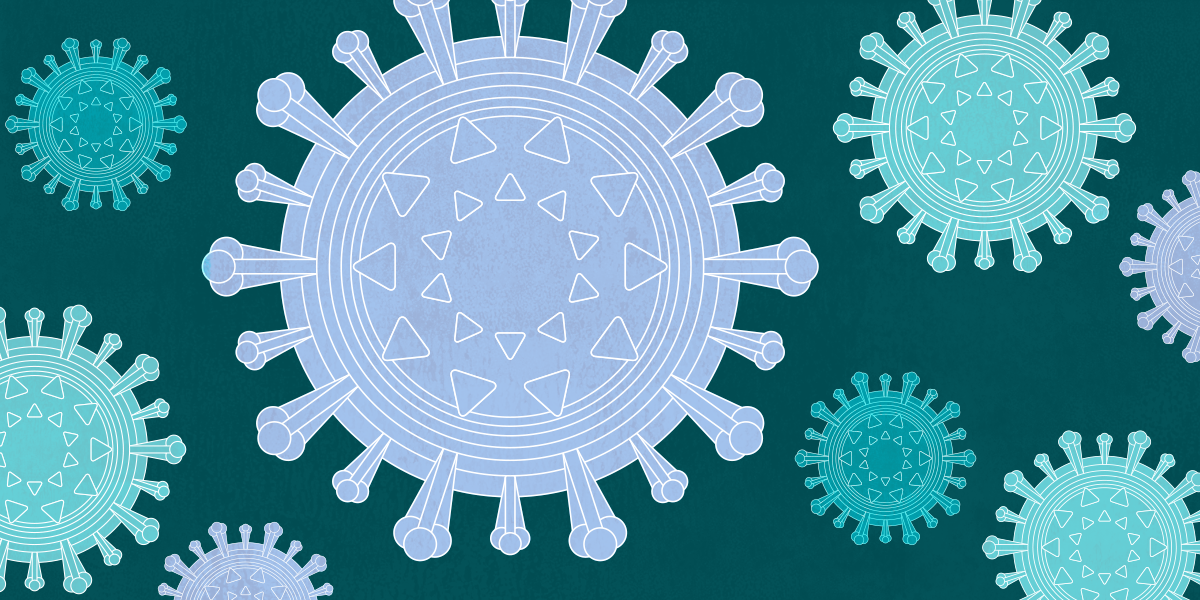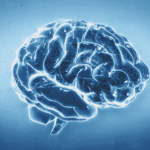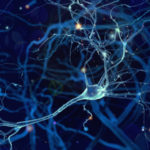In the wake of the COVID-19 pandemic, a group of US-based researchers publicized a new paper in the Journal of Alzheimer’s Disease of the neurological deficits said to have been caused by the recent coronavirus.
“Anosmia, stroke, paralysis, cranial nerve deficits, encephalopathy, delirium, meningitis, and seizures are some of the neurological complications in patients with coronavirus disease-19 (COVID-19) which is caused by acute respiratory syndrome coronavirus 2 (SARS-Cov2),” according to the new paper.
“There remains a challenge to determine the extent to which neurological abnormalities in COVID-19 are caused by SARS-Cov2 itself, the exaggerated cytokine response it triggers, and/or the resulting hypercoagulapathy and formation of blood clots in blood vessels throughout the body and the brain.”
In the new findings, researchers detailed the neurological manifestations reported in patients with COVID-19. Three stages of manifestations of what the research group dubbed “NeuroCovid” was publicized in their paper.
In the first NeuroCovid stage, the damage caused by the virus is limited to epithelial cells of the nose and mouth, with primary symptoms include loss of taste or smell.
In the second stage, inflammation is induced by the virus, leading to a cytokine storm which may result in strokes in the brain. And in the third stage, a cytokine storm elevates to the point where brain damage becomes evident through physical symptoms such as confusion, coma, encephalopathy, and convulsions.
“Our experience with previous forms of coronaviruses suggest that in the long-term patients may develop depression, insomnia, Parkinson’s disease, memory loss, or accelerated aging in the brain,” explained Majid Fotuhi, co-author of the study.
“For those recovering from COVID-19, I recommend regular exercise, eating a heart healthy diet, reducing stress, and improving sleep; these are critical ways patients can rejuvenate their brain and minimize having poor outcomes in the future,” Fotuhi concluded.
The paper, titled Neurobiology of COVID-19, was conducted by researchers at Johns Hopkins Medicine, Washington University, University of California, Los Angeles, and the NeuroGrow Brain Fitness Center.


